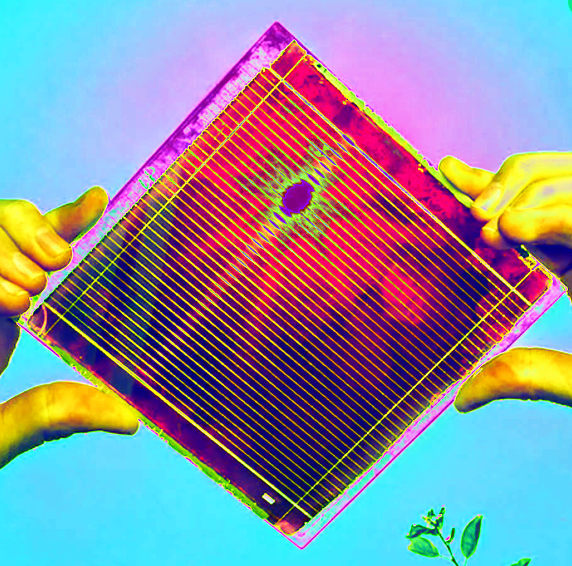AI trained on future solar
 Australian researchers have developed a new machine learning program to speed up clean energy generation.
Australian researchers have developed a new machine learning program to speed up clean energy generation.
Researchers at the ARC Centre of Excellence in Exciton Science have successfully created a new type of machine learning model to predict the power-conversion efficiency (PCE) of materials for use in next-generation organic solar cells, including ‘virtual’ compounds that don’t exist yet.
Unlike some time-consuming and complicated models, the latest approach is quick, easy to use and the code is freely available for all scientists and engineers.
The key to developing a more efficient and user-friendly model was to replace old, complicated and computationally-expensive parameters with simpler chemical signature descriptors of the molecules being analysed.
The new approach could help to significantly speed up the process of designing more efficient solar cells at a time when the demand for renewable energy, and its importance in reducing carbon emissions, is greater than ever.
The results have been published in the Nature journal Computational Materials.








 Print
Print